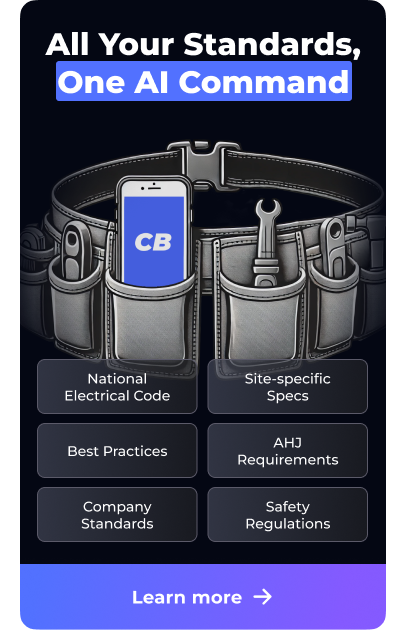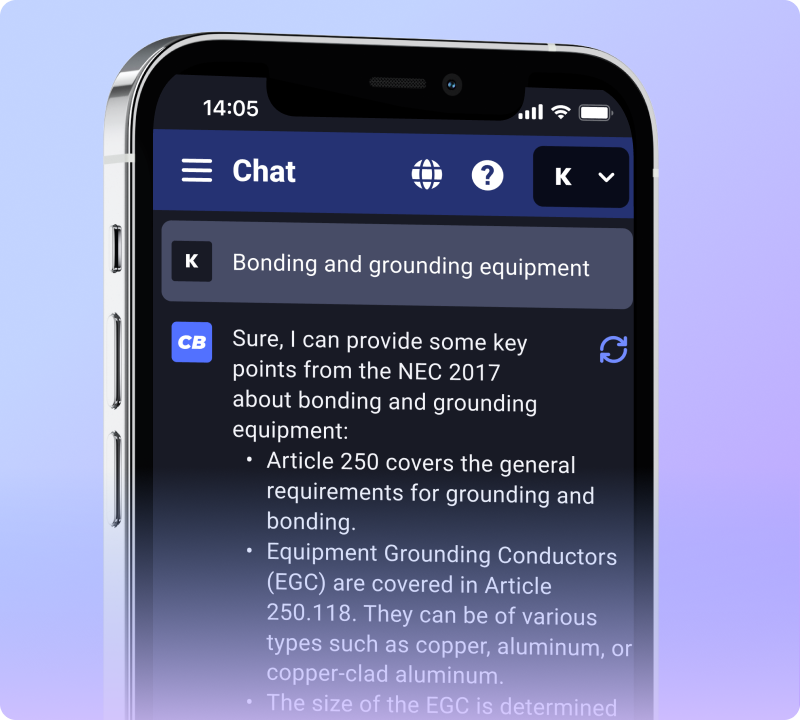Managing a construction project is hard. One big challenge is handling the supplies needed. This blog talks about effective strategies for construction supply chain management. Learn how to make projects smoother.
Keep reading!
Key Takeaways
- Planning and forecasting are important. They help you know what materials you need and when. This stops waste and saves money.
- Pick good partners. Reliable suppliers mean fewer problems. They help projects finish on time.
- Use tech for better control. Tools like software and apps make work easier. They keep everyone updated and improve supply chain management.
- Tech helps with tracking and managing materials. It leads to less waste and more savings in construction projects.
- Strong communication is key. Talking well with your team and suppliers makes everything run smoother.
Understanding Construction Supply Chain Management
Construction supply chain management (SCM) helps keep projects on track. It involves planning and managing the flow of materials, information, and money from start to finish.
Definition and process of SCM
Supply Chain Management (SCM) is key in the construction industry. It means managing the flow of materials, information, and finances from start to finish. This process starts with material sourcing and goes through procurement to delivery at the job site.
Proper SCM ensures that all parts come when needed and fit together seamlessly.
Effective SCM involves several steps. First, teams forecast demand for materials based on project planning. Next, they manage inventory control to avoid shortages or excess supplies.
Strong supplier management is vital too. Choosing reliable partners helps ensure quality materials arrive on time for smooth construction progress without delays or cost overruns.
Effective Strategies for Construction Supply Chain Management
Effective strategies can boost construction supply chain management. They help with planning and tracking materials. Good partners make a big difference too. Using tech gives you clear views of your supplies.
This keeps everything running smoothly and cuts costs. Want to learn more about these strategies?
Focus on accurate forecasting and planning
Accurate forecasting and planning are key in construction supply chain management. Good forecasts help you know what materials you need and when to get them. They reduce the risk of running out of supplies or having too much inventory on hand.
Use demand forecasting to predict future needs better.
Planning involves scheduling tasks efficiently. A well-planned project helps avoid delays caused by missing materials or late deliveries. You can optimize costs with proper planning, reducing waste in both time and resources.
Working together with your suppliers ensures smooth logistics for timely material procurement as well.
Choose reliable partners
Choosing reliable partners is key in construction supply chain management. Good partners help with inventory management and ensure materials arrive on time. They make sure the flow of information stays clear, which helps avoid mistakes.
Finding partners who understand your needs can save money. Reliable suppliers focus on quality building materials. This leads to better project outcomes and cost optimization. Strong relationships also improve logistics planning, making projects run smoothly.
Next, we will discuss how to use technology for real-time visibility and streamlined processes in your supply chain.
Utilize technology for real-time visibility and streamlined processes
Technology can make construction work easier. It helps tradesmen track materials and manage projects better.
- Use cloud-based software. This tool allows teams to share information quickly. Everyone stays updated on project details.
- Implement mobile apps for field workers. Electricians can access schedules and plans right from their phones. This keeps tasks on track and organized.
- Adopt GPS tracking for delivery trucks. Knowing where supplies are helps avoid delays. Timely delivery means fewer disruptions on the job site.
- Employ inventory management systems. These systems show what materials are in stock, which helps with building material management. Workers avoid over-ordering or running out of supplies.
- Use data analytics to forecast needs. Analyzing past projects can improve procurement strategy and planning for future jobs.
- Invest in digital communication tools. Instant messaging and video calls make it easy to connect with team members and partners in real-time.
- Opt for project management software that offers visibility into every task’s progress. Clarity reduces confusion among workers and boosts efficiency.
- Integrate financial oversight tools into your processes. These tools help manage costs effectively, keeping the budget under control while completing projects on time.
- Utilize technology that enhances supplier relationship management, making it easier to communicate and collaborate with suppliers for timely deliveries.
- Leverage lean construction methods supported by technology to minimize waste during the construction process, improving overall efficiency in project scheduling.



